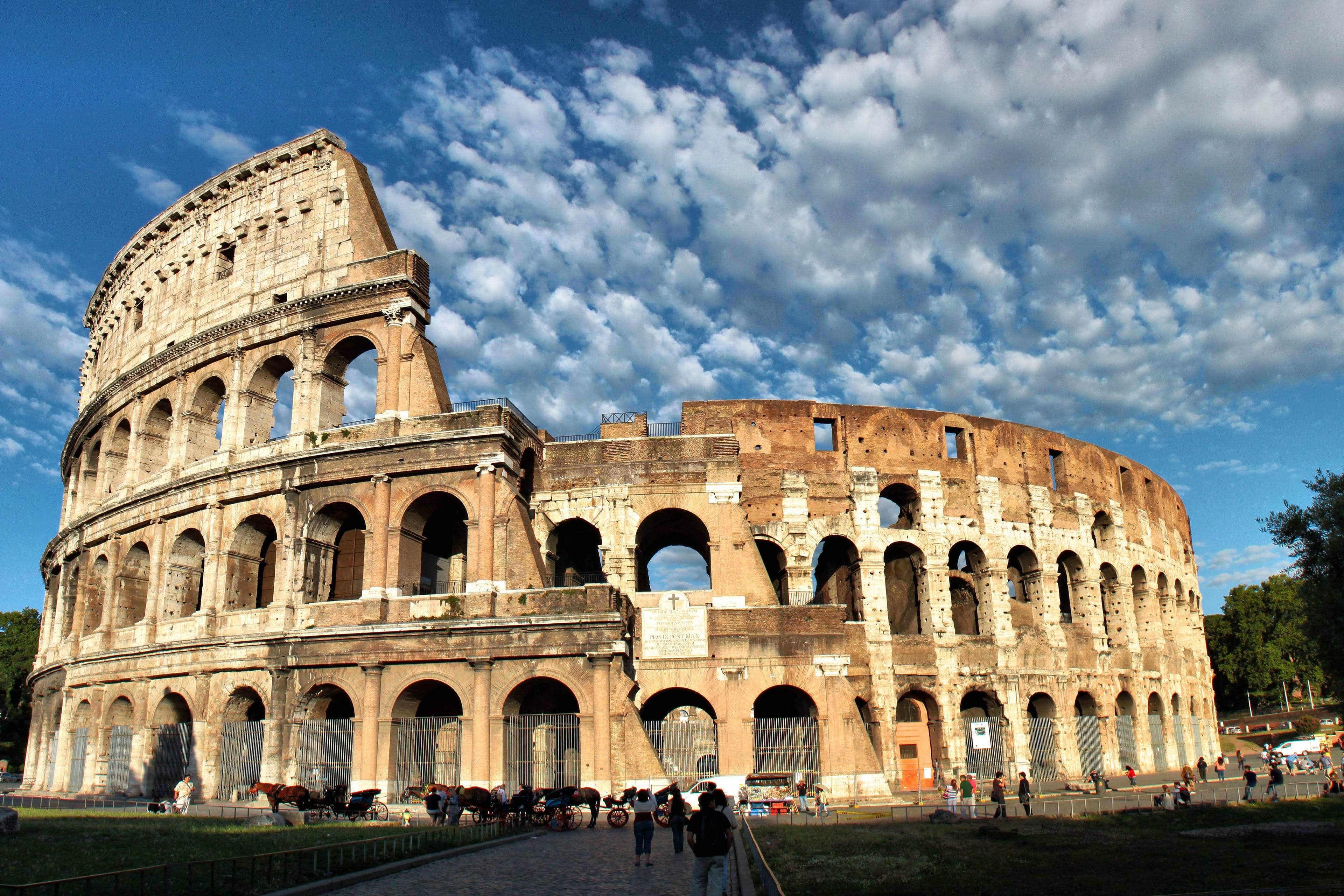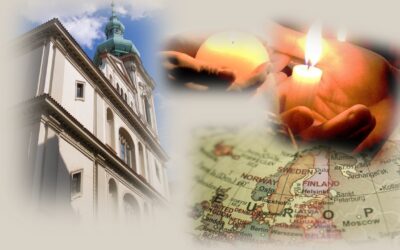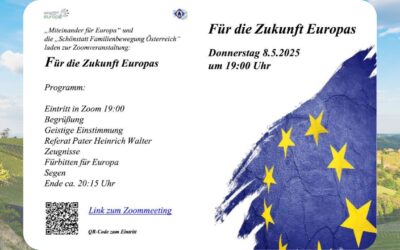I TRATTATI DI ROMA E L’UNIONE EUROPEA
Il 25 marzo 1957 vengono firmati i Trattati di Roma, considerati come l’atto di nascita della grande famiglia europea. Il primo istituisce una Comunità economica europea (CEE), il secondo invece è l’Euratom, per la ricerca comune sull’uso pacifico dell’energia nucleare.
Il Trattato CEE riunisce gli stati firmatari, Francia, Germania, Italia, Belgio, Lussemburgo e Paesi Bassi in una Comunità con l’obiettivo, come ricorda l’art. 2, di creare un mercato comune e favorire la trasformazione delle condizioni economiche degli scambi e della produzione nella Comunità.
Ma ha anche un obiettivo più politico: contribuire alla costruzione funzionale dell’Europa politica, verso un’unificazione più ampia dell’Europa. Come dichiarano nel preambolo i firmatari del Trattato: «essere determinati a porre le fondamenta di un’unione sempre più stretta fra i popoli europei».
I Trattati di Roma erano stati preceduti dalla firma, nel 1951, del cosiddetto Trattato di Parigi, che aveva costituito la Comunità europea del carbone e dell’acciaio (CECA): con il controllo comune di queste industrie si intendeva evitare il riarmo unilaterale di uno degli Stati membri.
Infatti, il tentativo di promuovere l’unione europea a livello politico ed economico era nato da un desiderio emerso dopo la Seconda Guerra mondiale: integrare gli Stati europei in modo da rendere impossibile un’altra guerra.
«Per la pace futura la creazione di un’Europa dinamica è indispensabile…Bisogna abbandonare le vie del passato ed entrare in una via di trasformazione… L’Europa non è mai esistita. Non è la somma di sovranità riunite in consigli che crea un’entità. Bisogna creare davvero l’Europa» (Jean Monnet, Memorandum, 3 maggio 1950).
«La pace mondiale non potrebbe essere salvaguardata senza sforzi creativi all’altezza dei pericoli che la minacciano. Il contributo che un’Europa organizzata e viva può fornire alla civiltà è indispensabile al mantenimento delle relazioni pacifiche…
L’Europa non potrà farsi una sola volta, né sarà costruita tutta insieme; essa sorgerà da realizzazioni concrete che creino anzitutto una solidarietà di fatto» (Robert Schuman, 9 maggio 1950).
«Ricostruiamo la pace all’interno e all’estero. E soprattutto, per ottenerla, diamo testimonianza di disciplina, di ordine, di buona volontà, di lavoro, cerchiamo la migliore distribuzione possibile dei beni della terra per superare quelle difficoltà che sono naturali, ma che si superano, se gli uomini sono pronti al sacrificio e sanno che bisogna, per vincere, avere fede assoluta nella Provvidenza Divina» (Alcide De Gasperi, 20 aprile 1950)
Le vicende dell’unione europea, tra straordinarie spinte ma anche bruschi arresti, hanno portato negli anni alla firma di ulteriori trattati (https://www.politicheeuropee.it/normativa/19635/lue-e-i-suoi-trattati) con la creazione delle varie Istituzioni come il Parlamento Europeo, la Commissione Europea, il Consiglio d’Europa e così via.

di Maria Bruna Romito, Movimento dei Focolari, laureata in Storia. Ha vissuto dall’89 al 2000 in Ungheria, dove ha insegnato italiano e storia al liceo e all’università cattolica di Budapest. Attualmente vive a Roma e lavora presso il Pontificio Consiglio della Cultura.





0 commenti